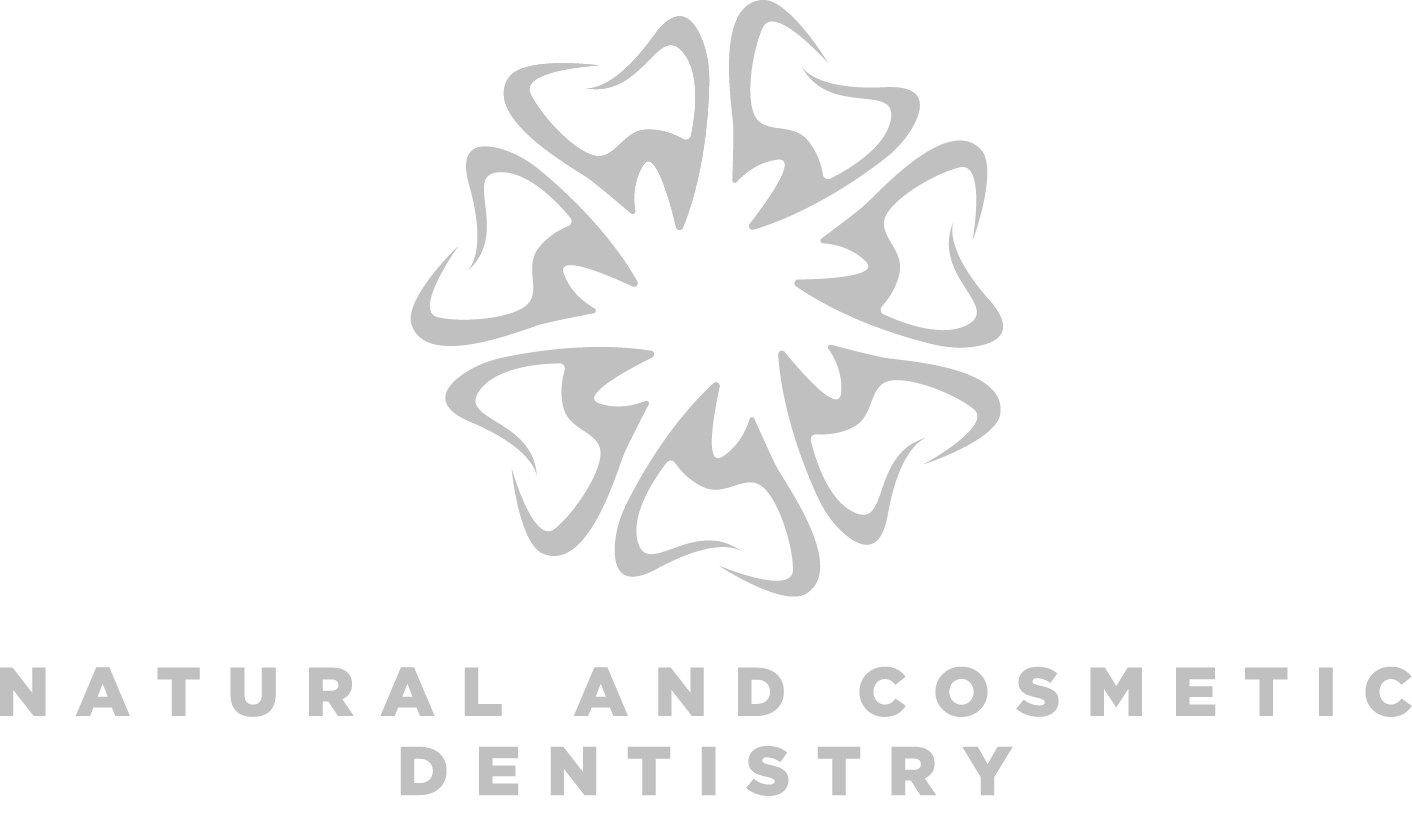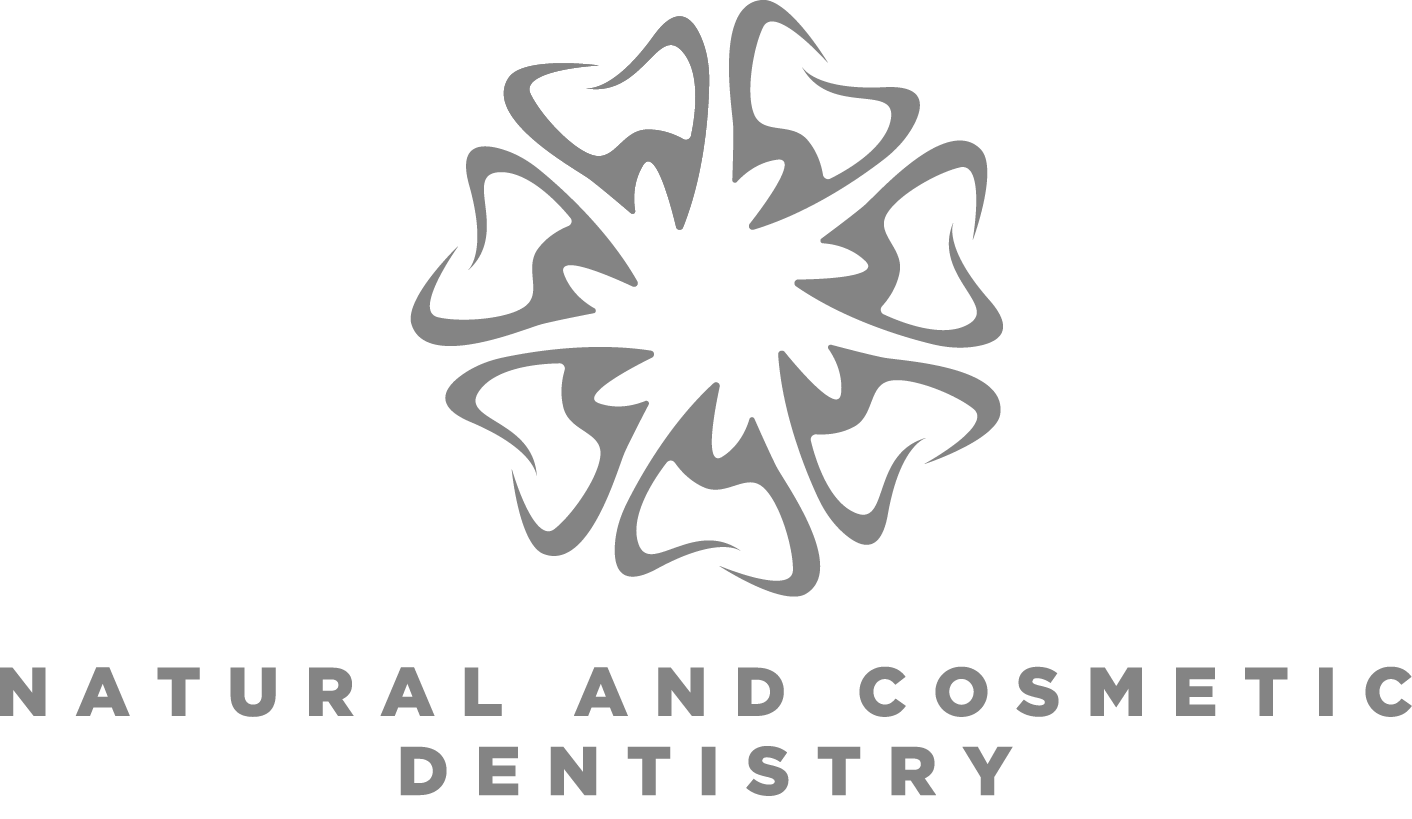Have you been going from doctor to doctor to try to handle your headaches, neck aches, backaches without a resolution? If it is not a chiropractic situation or a nutritional situation, you may have a dental situation without realizing it. You may be wondering why a dentist is talking to you about headaches. There is a newer field of Dentistry that takes a different approach. The approach is directed toward the muscles that are used in chewing and closing and opening your mouth. There can be a tremendous strain on those muscles due to the way your bottom teeth relate to your upper teeth.
Did you know that the only reason your lower jaw does not just hang against your chest is that it is held up solely by muscles in your head and face. Those muscles are programmed to hold your lower jaw less than a 1/2 inch below your upper jaw so that your mouth doesn’t just hang open.
But imagine if your upper or lower teeth are too short, due to wearing down over the years. Your muscles would have to hold your lower jaw higher than normal so that your teeth maintain that 1/2 inch apart. The lower jaw would have to travel extra distance to close your teeth together. That puts a strain on those muscles because they are being pulled beyond their normal resting position and they can go into spasm.
There is a simple but scientifically accurate way to determine if this muscle situation is the cause of your head, neck, shoulder or back pains. The dentist relaxes your jaw muscles and determines where the muscles want to rest, in order to be comfortable and not strained, and then determines what length the teeth need to be to maintain that position. Many dentists will restore your teeth without taking this correct bite position into account. It is very important.
This dentistry is called Neuromuscular Dentistry. Neuro (for nerves), muscular (for muscles). Ask your Neuromuscular Dentist for a consultation to see if this could be the source of your problems.
Truly amazing recoveries have occurred as a result of this approach. People with pains for years and years have had near immediate relief. There is a simple way to determine if the cause is dentally related. Schedule a consultation if you have any of the below symptoms. There may be help available.
- Headaches
- Neck, Shoulder or Back Pain
- Facial Pain
- Inability to Sleep
- Excessive Snoring
- Tingling or Numbness in Your Fingers or Arms
- Unexplained Ear Problems
- Ear Congestion
- Ringing in the Ears
- Dizziness
- Sensitive Teeth
- Unexplained Loose Teeth
- Worn, Chipped or Cracked Teeth, Crowns or Fillings
- Pain or Sorness Around Jaw Joints
- Pain That Moves Around In the Teeth
- Limited Movement or Locking Jaw Pain or Soreness in the Jaw Joints



